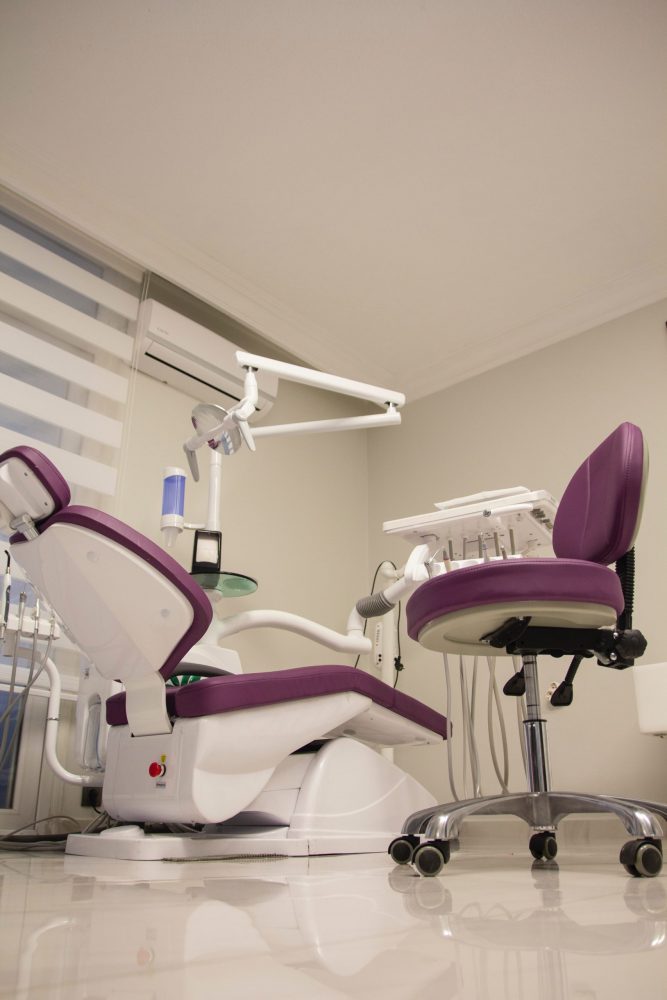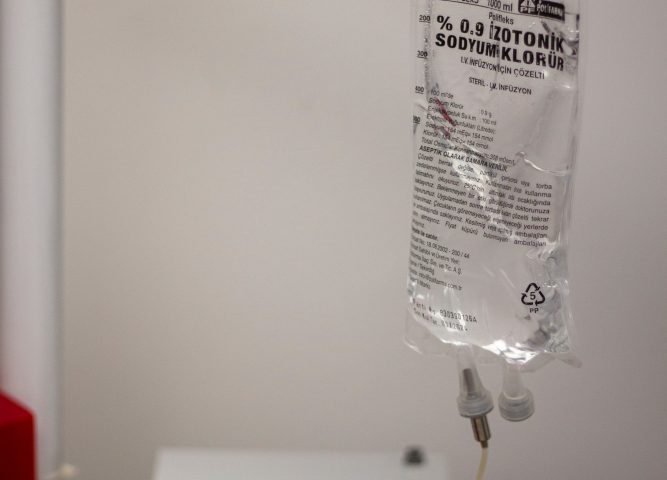
Are Root Canals Safe?
May 10, 2022
Are Dental Membership Plans Better Than Dental Insurance?
June 19, 2022One question our office at Langley Dental Care has to address is, “What is considered a dental emergency?” Too often, patients think they can wait out their pain or that an abscess will get better with home remedies. These wrong moves could cost you a tooth. Instead, if you have pain, a lost tooth, bleeding, or an abscess, get help immediately. Don’t risk your smile because you don’t know whether to get treatment.
Most Common Types of Dental Emergencies
Dental emergencies count as anything that could put your teeth at risk of permanent loss. For instance, a knocked-out tooth needs care within an hour to reduce the chances of losing it for good.
Medical emergencies involving the teeth or mouth are still treated in emergency rooms. If you have a life-threatening dental emergency such as uncontrolled bleeding, unconsciousness, or a broken jaw, get someone to drive you to an emergency room or call 911 in cases of unconsciousness or difficulty breathing.
The following are frequently treated emergencies dentists treat patients for in their offices:
Knocked-Out Tooth
An emergency is a knocked-out tooth, which dentists call an avulsed tooth. Unless you can have your dentist reimplant it quickly, you may not be able to keep the tooth. The time to get help is very short, only an hour to optimize the chances of successfully putting the tooth back into the socket.
When an adult tooth comes out, how you handle the tooth matters. If the tooth falls on the ground, gently rinse it off, but don’t scrub it or use antibacterial soap. Also, don’t handle the roots of the tooth. Doing so could compromise the success of getting the tooth reimplanted.
Place the tooth back into the socket and press down until its top is level with nearby teeth. Place a piece of folded gauze over the tooth and bite down to hold the tooth in place until getting to the dentist.
If the tooth does not fit into the socket or you cannot hold it in place, alternatively, put the tooth into a cup with saliva or cold milk.
Contact a dentist immediately for emergency care. Your chances of having the tooth successfully put back into place increase the faster you get to a dentist. In fact, if you can have a dentist reimplant the tooth within 15 minutes, studies show that you have a 98% chance of the tooth staying in place.
Severe Pain
Severe pain in your gums or teeth could indicate a possible infection or something lodged between teeth. Try to brush and floss around the tooth to see if you can get relief. Rinse out your mouth with salt water or a hydrogen peroxide dental rinse. Try a cold compress on the outside of your face near the painful area for no more than ten minutes to help reduce pain and swelling.
In many cases, minor or moderate pain comes from a toothache, likely from a cavity. Gum pain could indicate gum disease. You should be able to control moderate levels of pain with ibuprofen or acetaminophen. Never place aspirin or any other medicine directly onto a painful tooth. The acid in the medicine can cause more damage. Instead, take medicine as directed and let it work normally.
Severe dental pain may awaken you from sleep or prevent sleep. If you cannot get relief from the above measures, contact your dentist to see if you need emergency care or can wait until the first appointment of the next business day. If in doubt, seek emergency care for severe pain, especially if you also have bleeding or swelling in the gums, which could be signs of an infection.
Cracked or Broken Tooth
Cracked or broken teeth need prompt care. While these situations do not require immediate care within an hour, they still need dental evaluations within a few hours. A broken or cracked tooth will often cause pain and sensitivity, especially to hot and cold drinks and foods. See a dentist as soon as you can. After x-rays and an evaluation of your tooth, the dentist will determine if they can save the tooth with root canal therapy or another treatment or if you need the remaining part of the tooth extracted.
Abscess
An abscess is a serious condition that happens when you have an infection in your mouth. Symptoms of this condition include swelling, pus, a bad taste in your mouth, fever, or a visible abscess on the gums. This type of infection is a serious problem that needs emergency care to stop spreading infections.
Without treatment, the bacteria that caused the abscess could spread to the rest of the body, causing a high fever, fast heartbeat, confusion, vomiting, headache, dizziness, dehydration, or lightheadedness. At this later stage of spread, the infection could be life-threatening and requires emergency room care.
Serious Bleeding
Small amounts of blood on your toothbrush or floss indicate possible gum inflammation that you should mention at your next dental appointment. However, if you have serious bleeding from areas around a tooth, especially a moving or loose tooth, contact your dentist to get care immediately. If your gums are bleeding and don’t stop, you also need emergency dental care.
How to Prevent Dental Emergencies
Most dental emergencies come from trauma, gum disease, or tooth decay. You can prevent many of these situations. For instance, when playing contact sports, always wear a sports mouthguard to keep your teeth from breaking or getting knocked out. Gum disease and tooth decay often occur from missing dental cleanings or neglecting regular flossing and brushing. Maintain a routine of brushing and flossing daily. Plus, keep up with your dental visits for exams and cleanings based on your dentist’s recommendations. Some people will require visits more often than twice a year.
Trust Langley Dental Care in Charlotte for Your Dental Emergencies
Dental emergencies can happen without warning. If you still are not certain whether your condition warrants a visit to our office, call us at Langley Dental Care at 704-583-0966 to ask, “What is considered a dental emergency?” If we’re open, you can come into our office, or we can refer you to an emergency dental center nearby.



